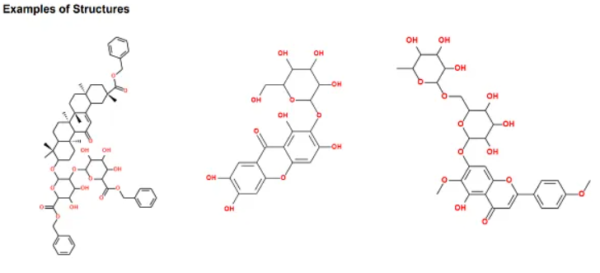MCE-18 Trends in Medicinal Chemistry is an eminent conference dedicated to exploring the latest advancements and trends in the field of medicinal chemistry. With a particular focus on small molecule drug design, the conference serves as a platform for renowned researchers, scientists, and industry professionals to share insights, discuss cutting-edge techniques, and unravel the intricacies of developing effective therapeutics through innovative small molecule design.
Refining the Art of Small Molecule Drug Design:
Small molecules, with their ability to specifically interact with biological targets, have long been at the forefront of drug discovery and development. The MCE-18 conference is geared towards shedding light on the emerging trends, methodologies, and strategies employed in the design and optimization of small molecule drugs. This encompasses the exploration of diverse compound libraries, target-based and phenotypic screening approaches, and the application of computational tools and machine learning for rational drug design.
Advancements in Structure-Based Drug Design:
One of the key highlights of MCE-18 is the emphasis placed on structure-based drug design (SBDD). By harnessing the power of X-ray crystallography, nuclear magnetic resonance (NMR), and computational modeling techniques, researchers can gain valuable insights into the 3D structure of target proteins and their interactions with small molecules. This knowledge enables the rational design of compounds with improved binding affinity, selectivity, and therapeutic efficacy. Discussions at the conference delve into the latest innovations in SBDD, including fragment-based drug discovery, allosteric modulation, and covalent inhibitors.
Harnessing the Power of Data and Artificial Intelligence:
In the era of big data and artificial intelligence, the role of data-driven approaches in small molecule drug design cannot be overstated. MCE-18 provides a platform for experts to showcase the integration of large-scale genomic, chemical, and clinical data for the identification of novel targets, the prediction of compound potency and safety, as well as the optimization of hit compounds. Machine learning algorithms and AI-enabled platforms are harnessed to expedite the drug discovery process, allowing for more efficient and targeted small molecule design.
Exploring New Modalities and Chemical Space:
The ever-evolving landscape of small molecule drug design is witnessing the emergence of novel modalities and chemical space exploration. MCE-18 serves as a catalyst for discussions surrounding the development of innovative small molecule therapeutics, such as PROTACs (PROteolysis Targeting Chimeras), covalent modifiers, and conformationally constrained molecules. These modalities expand the range of targets and disease pathways that can be effectively addressed, opening up new avenues for drug discovery and precision medicine.
Collaboration and Knowledge Sharing:
MCE-18 Trends in Medicinal Chemistry fosters collaboration and knowledge sharing among attendees from academia, industry, and research institutions. The conference facilitates networking opportunities, enabling researchers to forge new collaborations, exchange ideas, and share research findings. Discussions around small molecule drug design methodologies, challenges, and success stories serve as inspiration and drive innovation in the field.
Conclusion:
MCE-18 Trends in Medicinal Chemistry stands as a premier conference focused on small molecule drug design, serving as a breeding ground for novel ideas, techniques, and collaborations. By bringing together experts from various disciplines, the conference pushes the boundaries of small molecule drug discovery, leveraging cutting-edge technologies and methodologies. Through its comprehensive discussions and presentations, MCE-18 drives the design and development of more effective and targeted small molecule therapeutics, paving the way for advancements in the treatment of human diseases.


